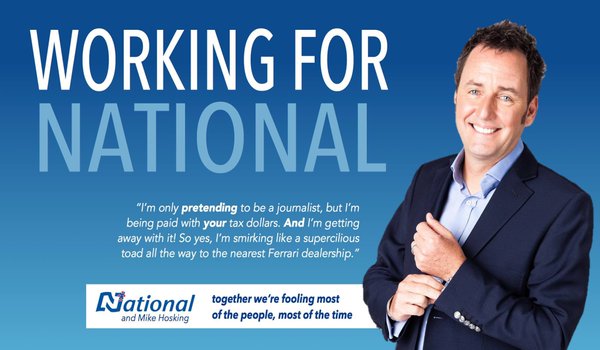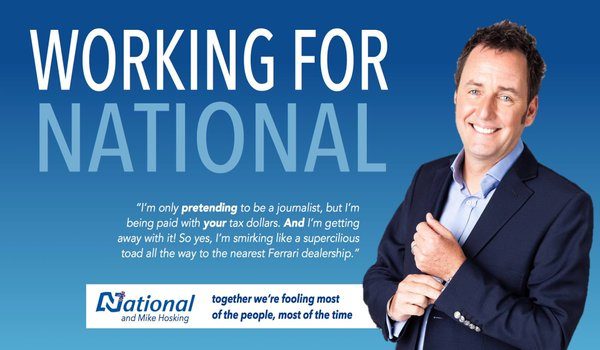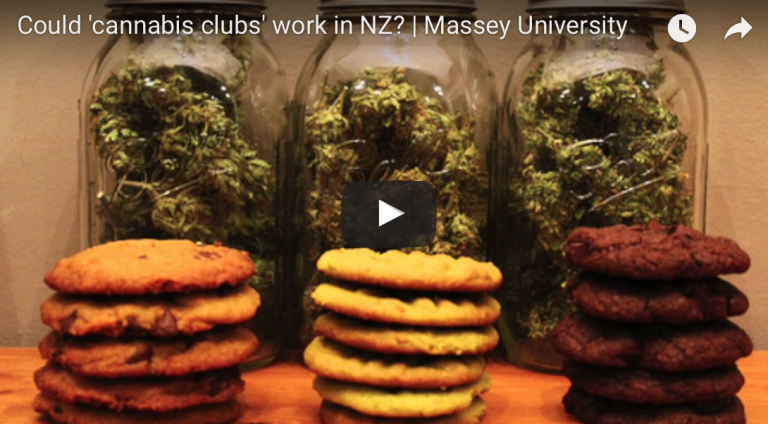.

.
from: Frank Macskasy <fmacskasy@gmail.com>
to: Dominion Post <letters@dompost.co.nz>
date: 31 March 2017
subject: Letter to the editor.The EditorDominion Post
.Since the release of Nicky Hager and Jon Stephenson’s “Hit and Run” on 21 March, the public has been treated to denials and conflicting information from the NZDF.
On 21 March, the NZDF responded to allegations of civilian deaths and injuries at Naik and Khak Khuday Dad with this statement on their website;
“The investigation concluded that the allegations of civilian casualties were unfounded.”
Six days later, Defence Force chief, Tim Keating stated;
“Subsequent information, received after Operation Burnham indicated that civilian casualties may have been possible […] The investigation team concluded that civilian casualties may have been possible due to the malfunction of a weapon system.”
Both statements are currently viewable on the NZDF website. They are irreconcilable.
Journalists Hager and Stephenson have presented considerable evidence to back up their investigation findings, including death certificates for those killed in the SAS-led raid.Bill English has refused to undertake a commission of inquiry for reasons that remain unclear.Until an Inquiry is held, there exists a cloud of suspicion hanging over the NZDF, and the SAS. This is not good enough, especially as there is ample evidence innocent people may have been killed.
What more does Mr English need to warrant an inquiry?
.
-Frank Macskasy
(Address and phone number supplied)
.
Appendix1
.

.
.

.
Appendix2
Email addresses for newspapers for other budding letter-writers wanting to express their demand for a Commission of Inquiry. (Maximum word-length stated in brackets)
Daily Post (250 words)
editor@dailypost.co.nz
Dominion Post (200 word limit)
letters@dompost.co.nz
Listener (300 word limit)
editor@listener.co.nz
NZ Herald (200 word limit)
editor@herald.co.nz
Otago Daily Times (150 words)
odt.editor@alliedpress.co.nz
The Press (150 words)
letters@press.co.nz
Southland Times (250 words)
letters@stl.co.nz
Sunday Star Times (150 word limit)
letters@star-times.co.nz
Waikato Times (200 words)
editor@waikatotimes.co.nz
.
.
.
References
New Zealand Defence Force: NZDF Response To Book
New Zealand Defence Force: Speech notes for Press Conference on Operation Burnham (p6)
.
.
.

.
.
= fs =



















